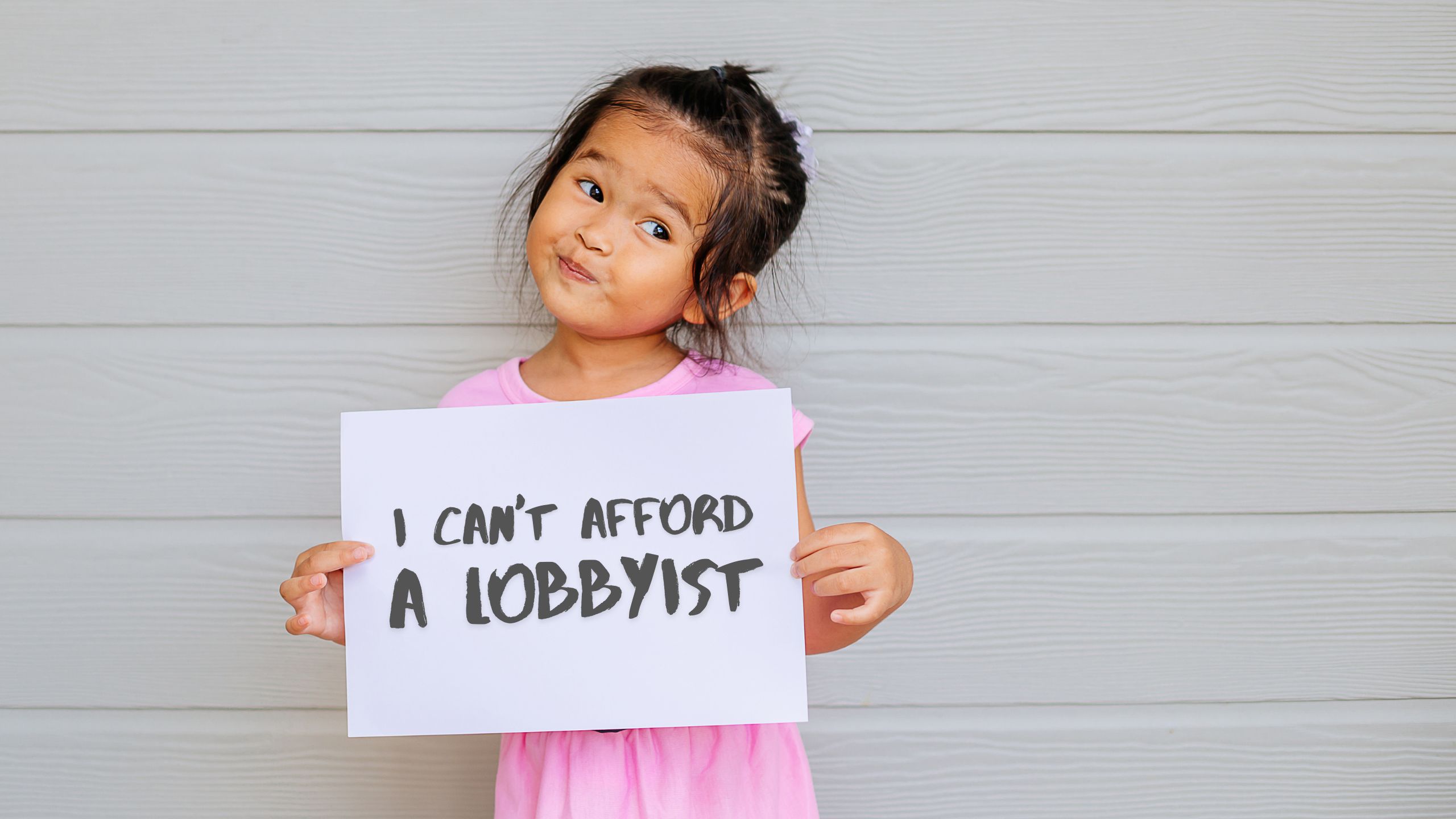Elliot’s Provocations unpacks current events in the early learning world and explores how we can chart a path to a future where all children can flourish. Regarding the title, if you’re not steeped in early childhood education (ECE) lingo, a “provocation” is the field’s term—taken from the Reggio-Emilia philosophy of early education—for offering someone the opportunity to engage with an idea.
We hope this monthly column does that: provocations are certainly not answers, but we hope Elliot’s Provocations helps you pause and consider concepts in a different way.
Last month, I wrote about how child care’s lack of salience in the public imagination is holding back its political opportunities. The absence of mass public pressure is one piece of the puzzle. Another piece is that by and large, child care lacks a strong inside game.
Despite how we might idealistically think Washington or a statehouse works, frequently the game of who-knows-who (and, its corollary, who-has-money) dictates what gets done. For a disturbingly excellent illustration of this, consider journalist David Wessel’s 2021 book, Only the Rich Can Play: How Washington Works in the New Gilded Age. Wessel chronicles the passage of “Opportunity Zones,” special tax-advantaged census tracts – and a policy that by and large has lined the pockets of rich investors as opposed to sparking development in distressed low-income neighborhoods. This year, the federal government will dole out over $2 billion (equivalent to this year’s increase in federal child care spending) on this program.
As Wessel shows, Opportunity Zones (or OZs) came about not as the result of public demand or community leaders crowding their Congresspeople’s office, but was rather the brainchild of none other than Sean Parker of Napster and (“drop the ‘the’”) Facebook fame. Parker effectively worked the system, leveraging his money to gain access and hiring a team of well-connected former Hill staffers. Through insider networks and relationships, they were able to quietly get buy-in across the aisle. The idea was ultimately championed by Sens. Tim Scott (R-SC) and Cory Booker (D-NJ). [1]
Wessel—who is extremely harsh on the rich-get-richer impacts of the policy—writes that, from a dispassionate perspective, OZs are “a case study of how a clever, ambitious and big-idea billionaire … can hire the right people and court the right members of Congress to turn an idea into reality even at a time of partisan gridlock.”
Or take a more high-profile example than the (relatively) small-dollar OZs: the Inflation Reduction Act. Sen. Kyrsten Sinema—recipient of millions of campaign dollars in Wall Street money—killed a measure in the IRA that would have eliminated a tax break for hedge fund managers and private equity firms. Meanwhile, Bill Gates, along with a bevy of lobbyists, helped get Joe Manchin to ‘yes.’ Child care couldn’t keep pace, and we all know how that story ended.
I want to step back for a moment and clarify: child care has many top-notch advocates and organizers and elected official champions. They work tirelessly, and at both at the state and federal level, advocates have notched some impressive victories in recent years ($40 billion in the American Rescue Plan Act was no mean feat!).
What the child care sector doesn’t have is a real lobbying arm. It doesn’t have a regular flow of former Hill staff and former Congresspeople populating its ranks. [2] It doesn’t have billionaires picking up the phone and calling key Senators. [3]
The largest dedicated child care lobbying group I’m aware of is the Early Care and Education Consortium, which represents many large for-profit chains. [4] You may recall the Consortium featuring prominently in the New York Times’ story on private equity in child care, as they worked against the Build Back Better Act; several chain executives also donated to Manchin’s campaign after he halted the legislation. Still, even the Consortium packs a relatively small punch: according to Opensecrets.org, their lobbying expenditures are less than $500,000 per year. By comparison, the U.S. Chamber of Commerce—the nation’s largest lobbyer—spent over $80 million in 2022; as another comp, the Environmental Defense Fund spends over $1 million lobbying most years.
The good news is that the sector is trending upwards in this respect. Recent years have seen the advent of several 501(c)(4) child care arms in states like Virginia and Oregon, entities with much more flexibility to lobby and contribute to candidates (indeed, in my experience state child care groups are generally better at playing the inside game, partially owing to the difference in playing field). More and more politicians are putting child care front and center in their agendas. I hear more acknowledgment than ever before in my conversations that the moral righteousness of fighting for young children and their families must be complemented by hardball politics.
That trend needs to continue. We need donors pouring money into establishing a new advocacy and policy infrastructure that works the outside game (raising the issue’s cultural salience and nailing the communications), the inside game (raising the level of connectivity among political insiders and influencers), and connects them through popular and impactful policy proposals. Such infrastructure is particularly critical in an era of divided government.
In the end, the title of this article is a bit of a con. Where have all the child care lobbyists gone? Nowhere: they basically never existed in the first place — and that’s the problem.
[1] While some boosters on the Democratic side have backed off OZs in the face of obvious problems with the policy’s design and implementation, the policy is still highly likely to survive and instead get only modest reforms. [2] To be clear: there are some, not zero, of these individuals — and they are unsurprisingly some of our most effective advocates! [3] Child care does have a few deep-pocketed backers, such as Warren Buffett and Jackie & Mike Bezos (full disclosure: The Bezos Family Foundation funds Early Learning Nation), but there is a distinction between generous grantmaking and Bill Gates- or Sean Parker-style personal lobbying. [4] I say ‘dedicated’ because child care is one part of the broader agenda of some groups, such as the Center for American Progress or National Women’s Law Center, so it is difficult to parse out exactly how much lobbying activity is happening on the subject. That in and of itself is notable, because many other issue areas — from health care to climate change — have singularly-focused lobbying organizations. There are, of course, pros and cons to each approach.




